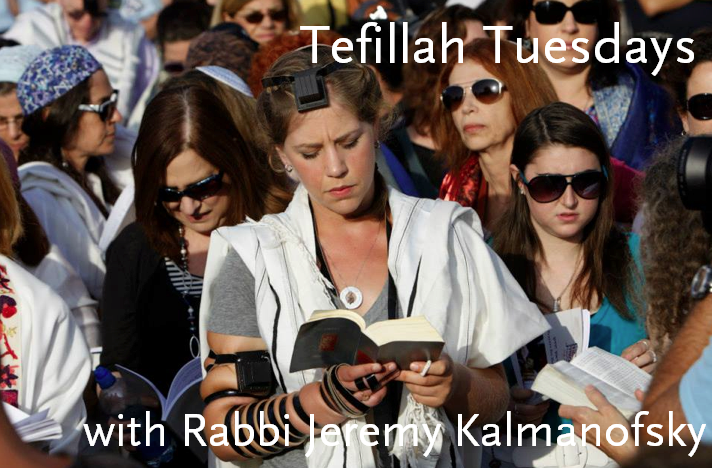“One should always be God-fearing in private and in public, to confess the truth and speak the truth in one’s own heart.”
This sentence begins a short paragraph in preliminary morning prayers, calling attention to the life’s fleeting ephemerality, and directing our attention to Ecclesiastes 3.19. “What are we? What is our kindness, righteousness, and might? … ‘There is no difference between human and animal, for all is vanity.’” Cheerful stuff, that. Some of it might sound familiar from Yom Kippur liturgy. This passage comes in the siddur to contrast with what follows, affirming the Jewish mission of sanctifying God’s name through the Shema. All may be vanity, “but we are members of Your covenant, descended from Your beloved friend Abraham … fortunate are we that at dawn and sunset each day we proclaim Shema Israel!”
Why the exhortation to fear “in private and public?” In the Middle Ages some [Shibbolei HaLeket ch. 6] speculated that “private” reverence refers to those persecuted Jews who could not recite Shema in public, so they did so in secret. Perhaps.
But I see these lines referring to different aspects of human spiritual conduct. Some find it easy to be reverent within the chambers of their hearts. They may appreciate religion as “what a person does with solitude,” but may not be able to take part enthusiastically in public religious life, perhaps embarrassed to expose inner feelings and struggles before their neighbors. Others may be the opposite, happy to share — or even be outwardly showy — in song and ritual when in public, but too inwardly defended or cynical to let religious emotions carry them away.
Similarly in the next line: some find it easy “confess the truth” in public conversation with others, saying all the right things, but not necessarily speaking truth within. And others are the opposite, speaking their own inner authentic experience “in the heart,” but concealing it outwardly.
Rabban Gamliel II [2d century] exhorted students to be tokho k’varo, that their insides should match their outsides. When I say these lines each day, my kavvanah/intention is to try to be honest to God, to myself and to my neighbors, matching inner life and outer conduct in spiritual integrity.
(Photo by Miriam Alste)





